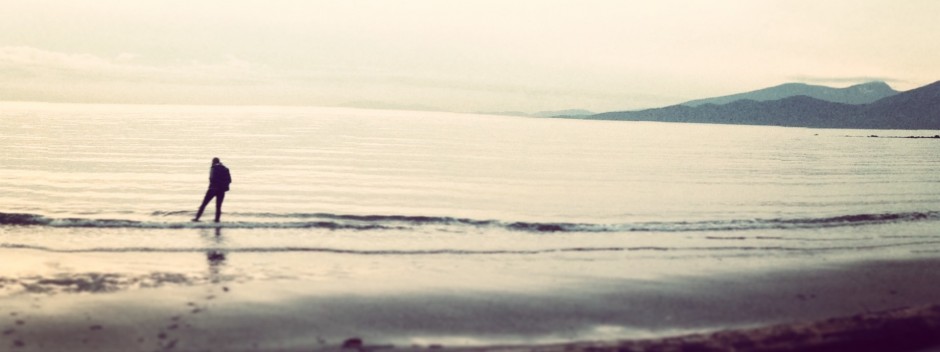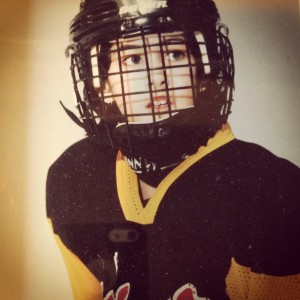Hello All!
Let me introduce myself, my name is Sarah Casorso and I am a fifth year English Literature major. I have very little experience with blogs and I’m pretty sure it actually took me more time to figure out this site than it took me to write this! It is safe to say that this will be a very large learning curve but I am excited for it and to engage in conversation with you guys.
Besides school, I am also a fifth year UBC varsity athlete playing ice hockey. I mean, what’s more Canadian than that??? (Hopefully I will learn the answer to that question very soon). I grew up in Kelowna on the same orchard that my great-great grandfather settled on in 1883. I have always been extremely proud to be a member of one of the original pioneer families of BC and, because I am a 5th generation Canadian, I considered myself wholeheartedly Canadian. It wasn’t until I moved to Vancouver for school that I realized how sheltered I was to culture and the other aspects of what being a Canadian meant. I would, however, still consider myself a stereotypical Canadian taking part very frequently in the old habits of “sorry”, “eh”, eating poutine and taking my beaver out for walks, but I also think I’m growing into a new understanding of what being a Canadian means through new experiences. My hope is that this course will help me down that path.
This course is about stories of our culture and the stories that we tell ourselves about being Canadian. It addresses the relationship between the construction of our nation and literature while also prodding at our understanding of community and our roots. But more importantly where we come from and where we are going. I feel I have been living on the surface of what it means to be Canadian and so I am eager to delve deeper into our history and the stories that tie our nation together.
Work Cited:
Black, Debra. “Passport Canada: In a Word” The Star. 27 June 2014. Web. 6 Jan. 2015.
Maina, Faith. “Culturally relevant pedagogy: First Nations education in Canada.” The Canadian Journal of Native Studies 17.2 (1997): 293-314.


Hi Sarah, nice to meet you. I am looking forward to your contributions to our course of studies — a great beginning so far. Thanks. Erika
Hi again Sarah, I see that my comment above is awaiting moderation. Will you please change your settings so that comments are automatically accepted. You can see instructions on how to do this on our Facebook page – scroll down 🙂 Thanks
Hey Sarah,
Really enjoyed reading your blog – I’d love to join you on walking your beaver… as I have never experienced that before haha :P!
My question for you is what you think being a 5th generation ‘Canadian’ means in regards to understanding Canadian multiculturalism and the ‘rights’ to land people have depending on when they arrived in this country? (It is sort of a tilted question on my part as I don’t think we have ‘rights’ to land… as Pocahontas says “You think you own whatever land you land on, the earth is just a dead thing you can claim”… but I would be very intrigued to learn your thoughts!!)
Hi Susie!
Thanks for reading! Very good question. I’m glad you brought up the notion ‘multiculturalism’. I think because Canada is a relatively young country I don’t really recognize us as being anything but a mix of races. When people ask me what I am I don’t say “I’m Canadian”, I say “British, Italian and Swedish”, even thought my nationality is Canadian. And because we are such a multicultural country it is hard to have a right or a claim to anything. I could easily say that the land I live on is mine because I was there first, but so could Aboriginal peoples. In fact, that is what land debate is over isn’t it? I try not to think of what is mine but rather what is shared. I don’t really know if that answers your question or not! I’m not quite sure whether or not there is a safe answer to that one haha.